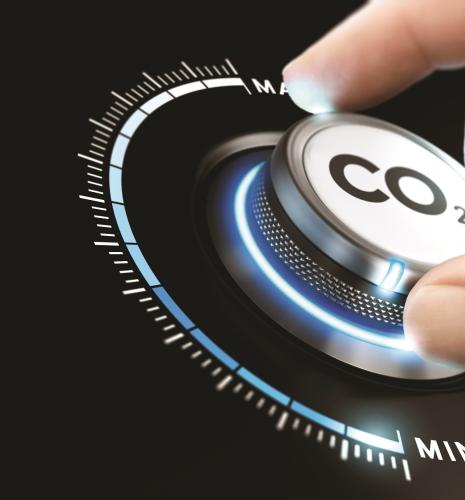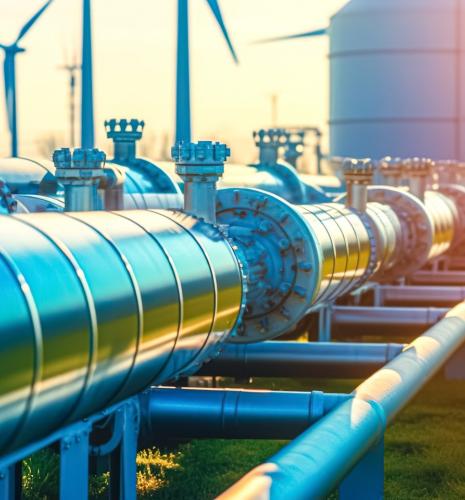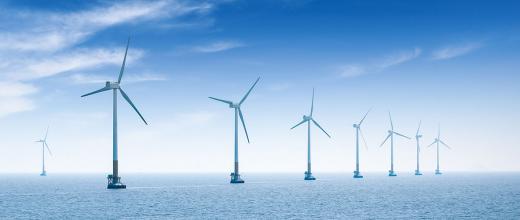
News in brief
Raw materials markets: at the heart of energy challenges
Price, cycle and rarity on the raw materials markets: from oil to energy transition materials. A historical, economic and geopolitical perspective The scope of this work covered fifteen years of research at IFPEN on raw materials and market prices formation mechanisms, with a specific focus on the short-, medium- and long-term dynamics

News in brief
SC9 - New resources for the prospective analysis of french road transport
Cutting CO2 emissions from road vehicles is essential and necessary to reduce long-term greenhouse gas (GHG) emissions in France. The transport sector is still responsible for more than 30% of national emissions, making it the sector with the highest level of emissions. The development of new low-carbon powertrains may also result in an improvement in air quality and help reduce our reliance on imported fossil fuels.
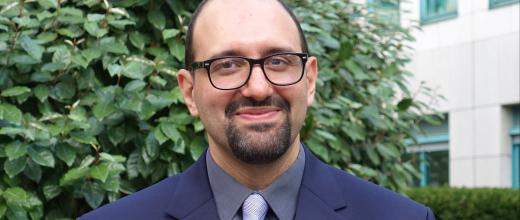
Individual page
Arash FARNOOSH
Professor and Scientific Deputy to the Dean at IFP School (IFPEN)
Arash FARNOOSH, an energy engineer and economist, is currently Professor and Scientific Deputy to the Dean at IFP School (IFPEN). He also heads the Executive Master of Management in Energy program in

Individual page
Victor Court
Researcher & Lecturer, Center for Energy Economics and Management (IFP School)
Victor Court joined the Center for Energy Economics and Management of IFP School as a Researcher and Lecturer in March 2020. He is involved in the teaching and organization of three of the Center's
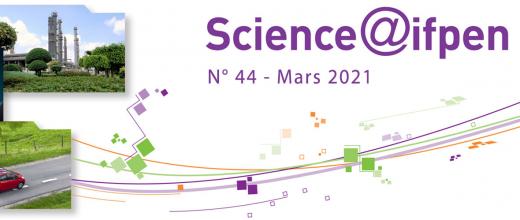
News in brief
SPOTLIGHT ON CLIMATE OBJECTIVES - A highly over-estimated contribution of energy efficiency?
In its “sustainable development” scenario, the International Energy Agency (IEA) considers energy efficiency to be the primary lever for reducing CO2 emissions (see diagram). The Intergovernmental Panel on Climate Change (IPCC) also considers energy efficiency as a key element of the ecological transition. (...) But this strategy could prove to be flawed in that it disregards a phenomenon that has long been at work to counteract the benefits of energy efficiency: the “rebound effect”.

News in brief
CarMa Chair: negative CO2 emissions by 2050
Tackling climate change necessarily involves reducing greenhouse gas emissions resulting from human activities, primarily carbon dioxide and methane. The problem is global and the actions required must be implemented within the framework of a systemic approach, with scale effects that are difficult to fully understand. Nevertheless, the Paris Agreement reflects the determination of nations to correct the current trajectory while respecting the legitimate aspirations of emerging countries to raise their living standards.

News in brief
Dynamic flows for better low-carbon strategies
Low-carbon strategies encourage the use of renewable energy sources based, among others, on biomass. The objective of achieving carbon neutrality is expressed via a perfect balance...

Individual page
Emmanuel HACHE
Economist-Foresight, Economics and Environmental Evaluation Department, Economics and Technology Intelligence Division,
Emmanuel HACHE holds a PhD in Economics from the University of Paris I and a Msc in Development Economics and Sociology from the Institut d'Étude du Développement Économique et Social (IEDES) of the
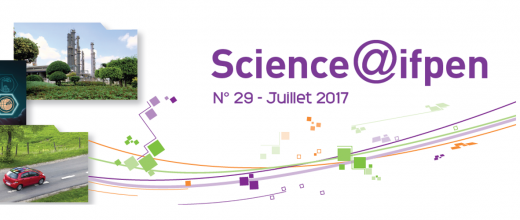
News in brief
SCelecTRA: prize for best 2030 scenario for electric mobility
Selected as part of the European ERANET-Electromobility+ program a and coordinated by IFPEN, the SCelecTRA (1) project was aimed at assessing the potential and conditions for the development of




